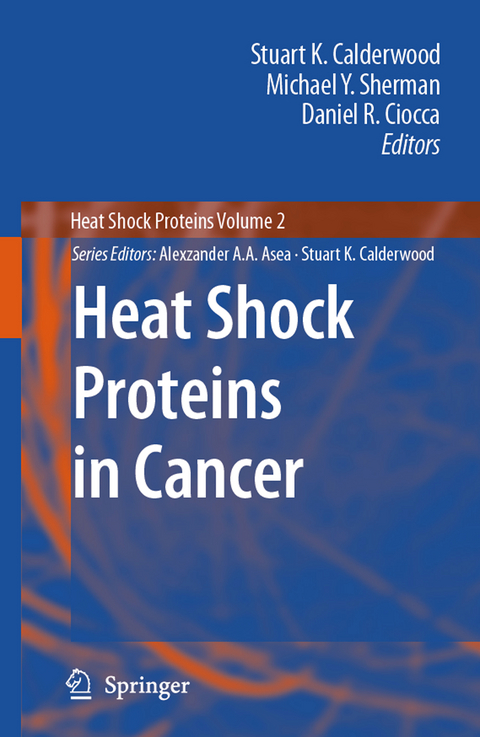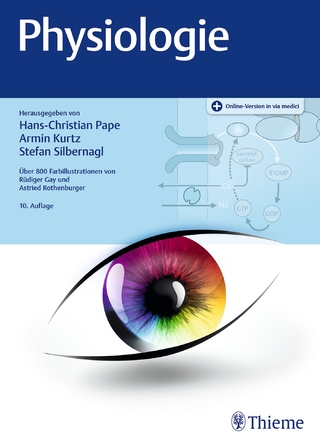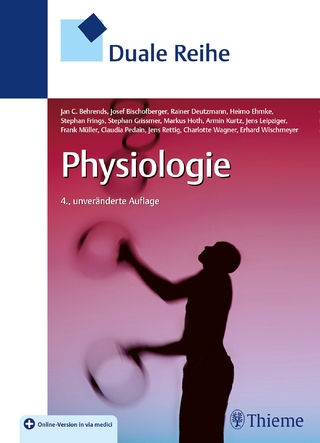
Heat Shock Proteins in Cancer
Springer (Verlag)
978-90-481-7627-4 (ISBN)
The Hsp90 Chaperone Machinery Acts at Protein Folding Clefts to Regulate Both Signaling Protein Function and Protein Quality Control.- Implications of Heat Shock Proteins in Carcinogenesis and Cancer Progression.- HSF1: An Emerging Factor In Cancer.- Anti-apoptotic, Tumorigenic and Metastatic Potential of Hsp27 (HspB1) and ?B-crystallin (HspB5): Emerging Targets for the Development of New Anti-Cancer Therapeutic Strategies.- Heat Shock Protein-27 (Hsp-27) in Breast Cancers: Regulation of Expression and Function.- Role of Heat Shock Protein Hsp25/27 in~the~Metastatic Spread of Cancer Cells.- Heat shock chaperone mortalin and carcinogenesis.- Role of Molecular Chaperones in Cell Senescence.- Involvement of Heat Shock Proteins in Protection of Tumor Cells from Genotoxic Stresses.- Hsp70 in Tumors: Friend or Foe?.- Hsp70 and Hsp27 as pharmacological targets in apoptosis modulation for cancer therapy.- Heat Shock Protein 90: The Cancer Chaperone.- Targeting Hsp90 Function to Treat Cancer: Much More to Be Learned.- Small-molecule Hsp90 Inhibitors: Applications in Cancer and Neurodegenerative diseases.- Drugging the Hsp90 molecular chaperone machine for cancer treatment.- Cdc37 and protein kinase folding.- The Elevated Levels of Heat Shock Proteins In Cancer: A Suitable Case For Treatment?.- Hsp70-Based Anticancer Vaccines: Chaperoning The Immune Response.- Piloting of exogenous antigen into cross-presentation pathway by heat shock proteins.
| Erscheint lt. Verlag | 23.11.2010 |
|---|---|
| Reihe/Serie | Heat Shock Proteins ; 2 |
| Zusatzinfo | X, 400 p. |
| Verlagsort | Dordrecht |
| Sprache | englisch |
| Maße | 155 x 235 mm |
| Themenwelt | Medizin / Pharmazie ► Medizinische Fachgebiete ► Onkologie |
| Studium ► 1. Studienabschnitt (Vorklinik) ► Physiologie | |
| Studium ► Querschnittsbereiche ► Infektiologie / Immunologie | |
| ISBN-10 | 90-481-7627-1 / 9048176271 |
| ISBN-13 | 978-90-481-7627-4 / 9789048176274 |
| Zustand | Neuware |
| Haben Sie eine Frage zum Produkt? |
aus dem Bereich


